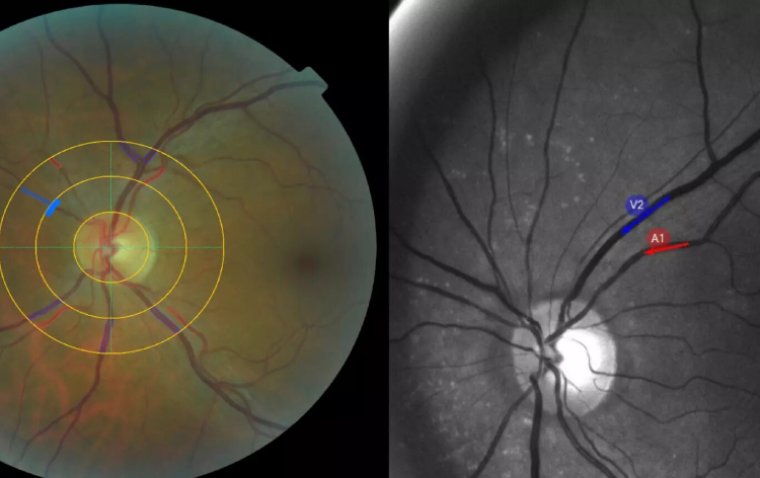
Minocycline Fails to Halt Progression of Dry AMD: NEI Study
In a recent phase II clinical trial conducted by the National Eye Institute (NEI), part of the National Institutes of Health, the antibiotic minocycline, known for its anti-inflammatory properties, was tested for its efficacy in slowing down the progression of dry age-related macular degeneration (AMD). The study's findings, published in JAMA Ophthalmology, revealed that minocycline did not slow vision loss or prevent the progression of geographic atrophy in individuals with dry AMD.
Understanding Dry AMD and Geographic Atrophy
Dry AMD primarily affects the macula—the central part of the retina responsible for clear vision. This condition leads to the death of photoreceptors and their supporting cells, creating areas of geographic atrophy. As these areas expand, significant loss of central vision occurs. Higher levels of microglia, immune cells that clear debris and maintain tissue health, have been found in damaged retinal areas in people with dry AMD, suggesting a potential link between inflammation and the progression of geographic atrophy.
The Minocycline Trial: A Closer Look
The research team, led by Tiarnan Keenan, M.D., Ph.D., a Stadtman Tenure-Track Investigator at the NEI's Division of Epidemiology and Clinical Applications, embarked on a study to assess whether inhibiting microglia with minocycline could slow the expansion of geographic atrophy and related vision loss.
The trial included 37 participants, monitored at the NIH Clinical Center in Bethesda, Maryland, and the Bristol Eye Hospital in the United Kingdom. Over a two-year period, participants received twice-daily doses of minocycline following a nine-month baseline observation of geographic atrophy expansion rates. The study concluded that minocycline treatment did not alter the rate of geographic atrophy expansion or vision loss.
Previous Findings on Minocycline and Eye Health
Although prior research has indicated minocycline's potential in reducing inflammation and microglial activity in the eye—showing benefits for conditions like diabetic retinopathy—its effectiveness for dry AMD had not been explored until this study.
The findings of this phase II clinical trial underscore the complexity of treating dry AMD and the need for continued research to find effective treatments for this vision-threatening condition. While minocycline showed promise in other areas of ocular health, its inability to impact the progression of dry AMD highlights the necessity for alternative therapeutic approaches.
Reference
Tiarnan D. L. Keenan et al, Phase 2 Trial Evaluating Minocycline for Geographic Atrophy in Age-Related Macular Degeneration, JAMA Ophthalmology (2024). DOI: 10.1001/jamaophthalmol.2024.0118
(1).jpg)










